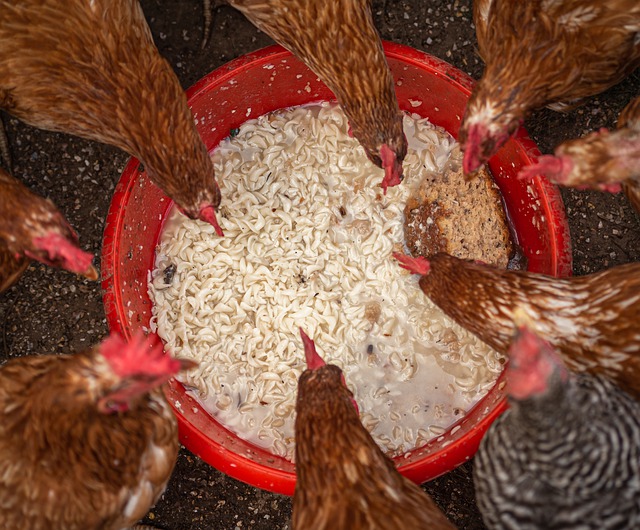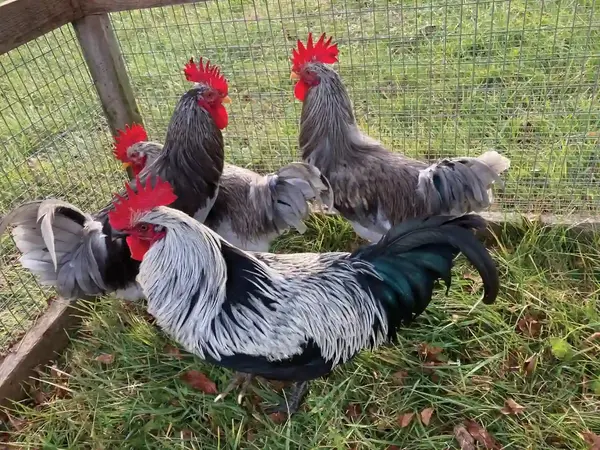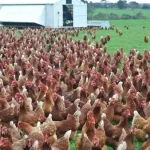Kienyeji chicken farming, also known as indigenous chicken farming, is popular in Kenya for several reasons:

- Cultural Significance: Indigenous chicken breeds are deeply rooted in Kenyan culture and tradition. They are often associated with rituals, ceremonies, and traditional meals. Many people prefer the taste of kienyeji chicken meat and eggs, considering them more flavorful and nutritious.
- Low Initial Investment: Kienyeji chicken farming requires relatively low start-up costs compared to commercial poultry farming. This makes it accessible to small-scale farmers and households with limited resources.
- Local Adaptation: Indigenous chicken breeds have evolved over time to adapt to local environmental conditions, making them more resilient and better suited to the Kenyan climate.
- Natural and Organic Farming: Kienyeji chicken farming often involves less reliance on synthetic inputs like antibiotics and growth hormones. This aligns with the increasing demand for organic and naturally raised products.
- Income Generation: Raising kienyeji chickens can provide an additional source of income for rural households. The sale of eggs, meat, and live birds can contribute to livelihoods and improve economic stability.
- Job Creation: Kienyeji chicken farming supports employment opportunities in rural areas, including roles related to feeding, housing, healthcare, and marketing of the birds.
- Traditional Medicine: In some communities, different parts of the kienyeji chicken are used in traditional medicine to treat various ailments.
- Small Land Requirements: Kienyeji chicken farming can be practiced on small plots of land, making it suitable for farmers with limited land availability.
- Diversity of Products: Indigenous chickens are valued for their meat and eggs, as well as for rituals and ceremonies. This diversity of uses can contribute to their popularity.
- Market Demand: There is a consistent demand for kienyeji chicken meat and eggs, particularly among consumers who prefer local and organic products.
- Minimal Infrastructure: Kienyeji chicken housing and management systems are relatively simple and can be adapted to local resources and practices.
- Rural Development: Promoting kienyeji chicken farming can contribute to rural development by improving food security, livelihoods, and income distribution in rural areas.
Overall, the popularity of kienyeji chicken farming in Kenya is a result of its cultural significance, economic viability for small-scale farmers, and its alignment with sustainable and traditional farming practices. It also offers an alternative to intensive commercial poultry farming, which might be less accessible to many rural households.
Lean Kienyeji Chicken visit https://kienyejichicken.com/


